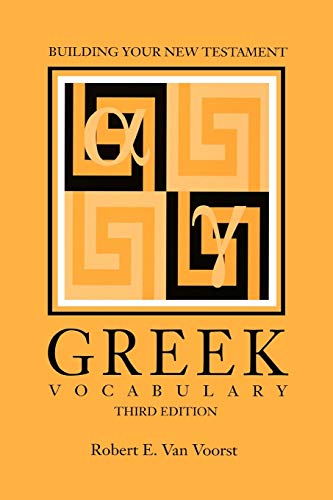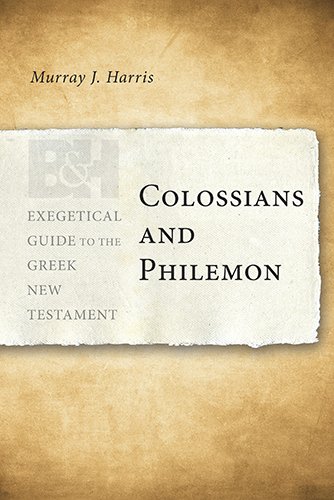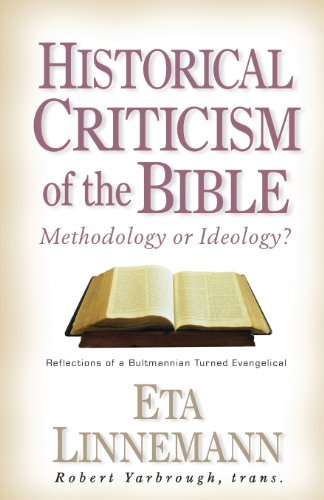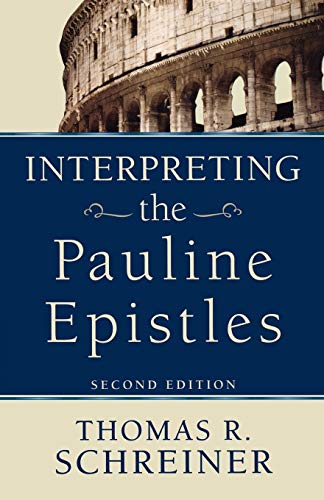Puritan Christianity in America. Religion and Life in Seventeenth-Century Massachussetts
Written by Allen Carden Reviewed By David W. KlingDuring the last half-century, the sheer number of scholarly works about American Puritans has approached, if not exceeded, the voluminous output of the Puritans themselves. In more recent decades scholars have investigated nearly every imaginable side of Puritan life, examining issues ranging from the cradle (child-rearing practices) to the grave (ways of dying). Employing the tools and methods of quantitative research, literary criticism, myth and ritual, gender, and psycho-history, the Puritans have been portrayed as a complex and often contradictory people who were at once contentious and peaceful, superstitious and highly rational, prudish and prodigal. Why then another work?
According to Allen Carden, these recent efforts to explain the political, social, and psychological dimensions of Puritan life have glossed over Puritanism’s driving force. Whatever one may say about the Puritans, he contends, they were first and foremost a people of the Book. Carden’s bête noire, however, is not so much the recent scholar but Perry Miller, the Harvard scholar whose mid-century contributions resuscitated the role and reputation of the Puritans in American history. Miller’s interests were primarily intellectual; he argued for a Puritan ‘mind’—a kind of Puritan in the abstract whose actions were guided by a coherent intellectual system. According to Miller, the Puritan mind was derived from philosophers, churchmen, and logicians. According to Carden, the primary source for the Puritan mind was the Bible.
Following two introductory chapters which sketch out the rise and progress of English Puritanism up to the great migration of the 1630s (and which rely heavily on Edmund Morgan’s classic, The Puritan Dilemma), chapters 3–5 contain the heart of Carden’s argument. Chapter 3, entitled ‘The Biblical Basis of the Puritan Way’, seeks to demonstrate that the Puritans’ ‘absolute belief in the Bible and the God of the Bible was the fundamental motivating force behind their worldview and the establishment of New England’ (p. 33). Relying heavily upon the works of John Cotton, as well as the father and son duo of Increase and Cotton Mather, Carden concludes that the Reformation principle of sola scriptura formed the basis of Puritan religious authority, doctrine and practice. Admittedly, the Puritans interpreted some passages of Scripture ‘parochially in light of current attitudes’, but ‘Nonetheless, the clergy and the faithful of Puritan New England were, perhaps to a degree never surpassed before or since, a people of the Word’ (p. 46).
In chapters 4 and 5—the longest chapters of the book—Carden expands his thesis by examining Puritan theology. He generously quotes the works of Puritan divines in order to demonstrate Puritan fidelity to a biblical (Calvinist) theology. In summary fashion he reviews the biblical foundation for Puritan theological perspectives on human nature, sin, Christ, the covenant(s), salvation, sanctification and eschatology.
A central Puritan theological emphasis which Carden briefly mentions in chapter 4 and then returns to in chapters 5–7 is the primacy of Christ. Contra Miller and others who minimized Puritan Christology, Carden contends that the Reformation doctrine of faith in Christ for salvation (the ‘covenant of grace’) lay at the core of Puritan belief. ‘To the Puritans,’ he observes, ‘the primary subject of the Bible was Christ and the plan of salvation available through him’ (p. 124). Whether one examines the Puritan penchant for a typological reading of Scripture or the recurring themes in Puritan sermons, the central message is Christ and his plan of salvation.
In what is the most original contribution to this study, Carden draws from his own earlier research in which he analysed the texts and themes of some 500 Puritan sermons. His analysis revealed that Puritan sermon texts were more often drawn from the NT (58%) than from the OT (42%). As well, the most often recurring sermon theme was that of sin, followed by calls to holy living, calls to salvation, expositions on the person and work of Christ, and admonitions on family relations. Furthermore, Carden’s investigations dispel the notion that Puritan sermons chosen from OT texts accentuated a God of wrath, while sermons from NT texts portrayed a God of love and mercy. ‘A comparison of sermon texts’, he concludes, ‘indicates that clear-cut differences between Old and New Testament preaching are hard to find’ (p. 122).
Chapters 8–12 survey other important facets of Puritan life: the community, work and vocation, government, the family, and education. Carden emphasizes that each of these institutions was informed by biblical principles. In his final chapter he discusses the profound influence of Puritanism upon subsequent American history. While he finds much to commend in Puritanism from an evangelical perspective, he notes how the Puritans were culturally myopic in their treatment of the native American, not to mention intolerant of other religious groups, notably Quakers and Catholics.
On the whole, Carden has successfully redressed the imbalanced portrait of the Puritans presented by Miller. He persuasively argues that if we are fully to understand the Puritans, we must see them as thorough-going biblicists. At the same time, however, his argument gives pause, for just as Miller built his case upon published sermons, Carden has followed suit. Thus, while he challenges Miller’s construct of the Puritan mind, he all but replaces it with an ideal type of his own—the biblical Puritan. Clearly, Puritan clergy and other leaders aspired to a biblically-based theology which permeated all areas of life. But there was another side to Puritanism, a popular side, which Perry Miller completely ignored and which Carden gives only passing attention. The recent works of David Hall, Jon Butler and Carol Karlsen point to the persistence of magic, occult practices, astrology, folk lore, etc. alongside of and, in some cases, incorporated into, Puritan belief. Their works complicate our understanding not so much of the theological convictions of Puritan ministers themselves, but of their overall influence upon the New England populace at large. Hall, Butler and Karlsen caution us: Puritanism in real life was not as neat and clean as Carden describes it.
This drawback aside, Allen Carden has written a very accessible book, appropriate for educated lay people or for an introductory college-level course (at a Christian college). He reminds us that the Puritans’ central defining feature is to be found in their devotion to biblical Christianity. However much the Puritans failed—which by their own admission they most certainly did; however much they mixed the gold with the dross—which by the mere fact of living in the world no Christian community can avoid, the Puritans provide an enduring vision of a godly community committed to making every thought captive to the obedience of Christ.
David W. Kling
University of Miami, USA






